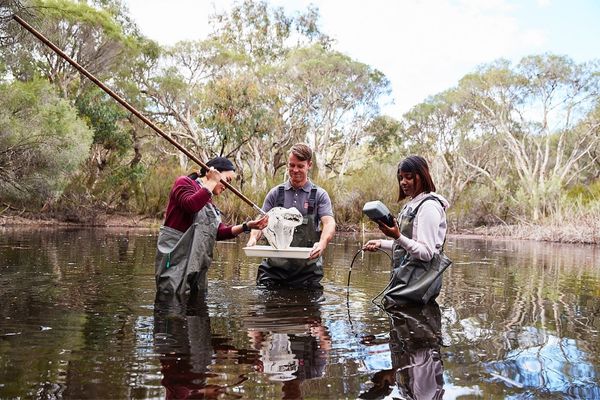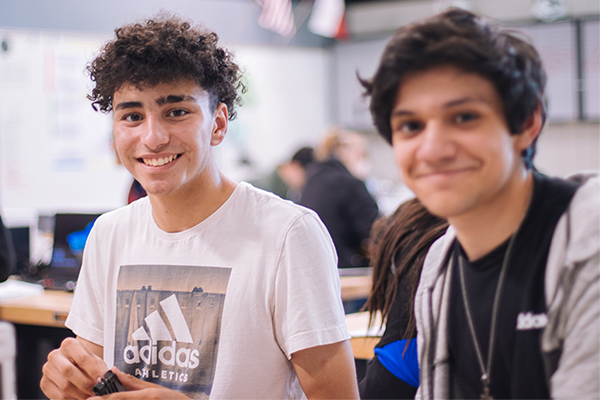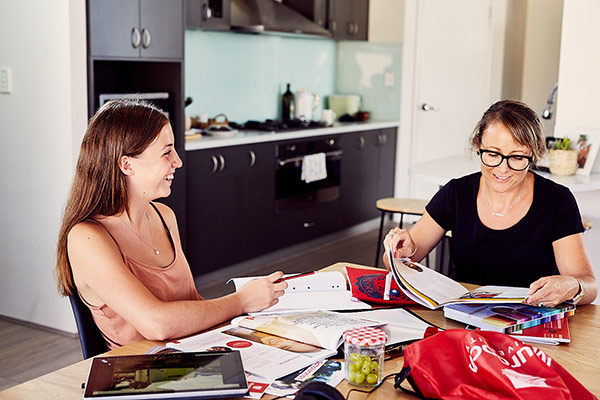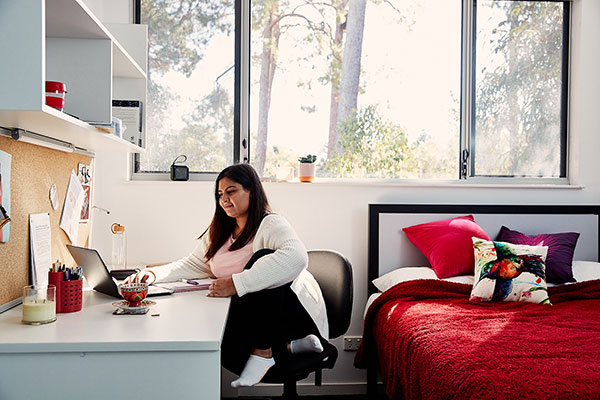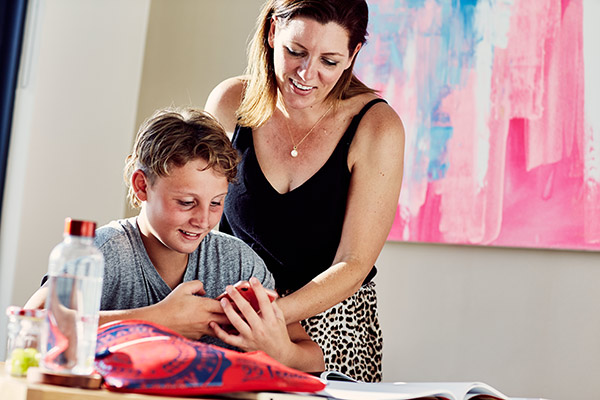
Sometimes it’s hard for parents to know when to push and when to step back.
If you have an independent teen, whatever you do can feel like a power struggle. If you’re raising teenagers, there’s a fine line between being controlling and being supportive. Sometimes the best guidance is no guidance at all.
Is there such a thing as too much parenting?
Whether you’re a helicopter parent or your parenting style is more free-range, caring for an independent teenager presents challenges. It’s a natural instinct to want to protect our children – to keep them safe and to prevent them from making mistakes. That’s given way to snowplow parenting, the practice of clearing all obstacles in your child’s path to success in an effort to shield them from failure, frustration or lost opportunities.
The high-profile college admission fraud scandal in the USA is a perfect example of snowplow parenting. While this is an extreme case of ultra-wealthy parents and their unsuspecting children, choosing a university is an area many parents anticipate as a normal part of raising teens.
Transitioning from commander to consultant
If babies came into this world with a user manual, everything would be much easier. Infants develop from being 100 per cent dependent on their parents to being fully independent adults, but each person progresses at their own pace. Some leave home as teenagers, others have to be told to go in their 30s and a lot of them yo-yo back and forth for years.
Unfortunately for parents, each new stage of parenting – from commander to coach to counsellor to consultant – has to be done on the child’s timeline, not yours. If your child is resisting advice or accusing you of interfering, it’s a good sign they want to be in control of the process and need you to relinquish your command.
It never hurts to ask your child directly what part they’d like you to play in university selection. You might not like the answer, but respecting their wishes shows them you trust them. It’s also a good way to open a dialogue and keep an open door between the two of you.
What to do if your teenager resists your advice
First of all, relax. Your teenager might be ahead of the curve in acquiring skills they’ll need to be successful in a university environment. Transitioning from high school to university is difficult and scary for many children. If your child is craving independence, count yourself lucky to have fostered a freethinking individual at such an early age. Your role is to act as a consultant.
Your teenager may be full of bravado and confidence about their ATAR score or their marks in high school. Chances are they’ll appreciate your help in navigating their choices, depending on how you do it. Present options for them to consider, in the way of useful resources, guides or events but avoid giving your opinion unless they ask for it.
Supporting an independent teenager
Murdoch regularly publishes information to help students navigate the complexity behind choosing a university and help them better understand what to expect from life at uni. There are also events designed especially for students as they progress through the high school years. Letting them do their own research about life after high school might be far more powerful than if they were spoon-fed the information.
Sometimes the best guidance you can give is to let your teenager create their own experiences. Why not suggest they attend one of our Open Nights? It will give them a taste of campus life, they’ll meet other students, and they can begin the path to making life’s important decisions with confidence.














